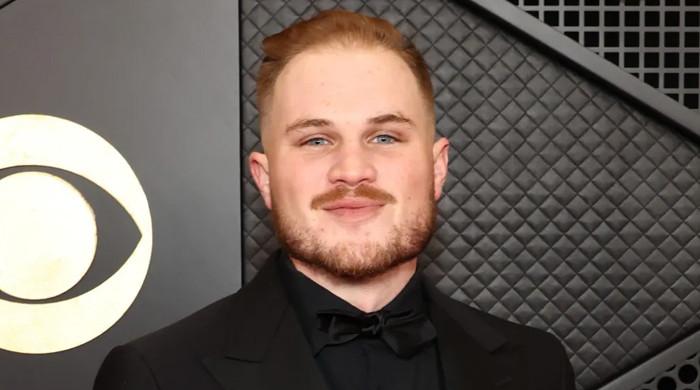Spike Lee blasts critics who said his 1989 film ‘Do the Right Thing’ would cause riots
Spike Lee recalls fierce remarks b critics over his 1989 film ‘Do the Right Thing’
September 11, 2023
While being honored over the weekend at the Toronto International Film Festival, filmmaker Spike Lee revisited the pointed press coverage of his seminal 1989 movie Do the Right Thing.
Accepting the Ebert Director Award from Moonlight helmer Barry Jenkins and late film critic Roger Ebert's wife, Chaz Ebert, the 66-year-old praised the film journalist as one of his biggest supporters.
"Your husband was very crucial [in] my career. He was very crucial, 1989 in Cannes, to Do the Right Thing," Lee told a visibly emotional Chaz on stage at Toronto's Fairmont Royal York hotel.
"Your husband got behind me because there was motherf---ers, excuse my language, in the press saying that Do the Right Thing was gonna incite Black people to riot, that this film should not be shown in the United States, that Black people riot, see the film, take to the streets. This film should not be shown, at least not let it come out in the summer. And the great Tom Pollock says, 'Spike, we're releasing the film on June 30th.'"
Lee pointed out that after the film's release, there were no public disturbances or riots, highlighting his frustration with the differing reactions to his project compared to other movies that may have contained more explicit or offensive content.
His film tackled racial tensions and a longstanding conflict between Italian-American and Black residents in Brooklyn, ultimately leading to a tragic outcome.
"So the struggle still continues. It's not an even playing field. We gotta keep, keep getting on. And I remember, I know it was a long time ago and you should let some grudges go, but David Denby and Joe Klein wrote articles, New York Magazine saying, 'Hope to God that this film does not open in your neighborhood.'"
"That this film, Do the Right Thing, will incite Black people to tear s--- up, to take to the streets like Detroit in '77 or Newark in 1968. So thank you everyone. Thank Roger because he went to bat for me and many years later, we're on the right side of history/herstory. Thank you very much," he concluded.











